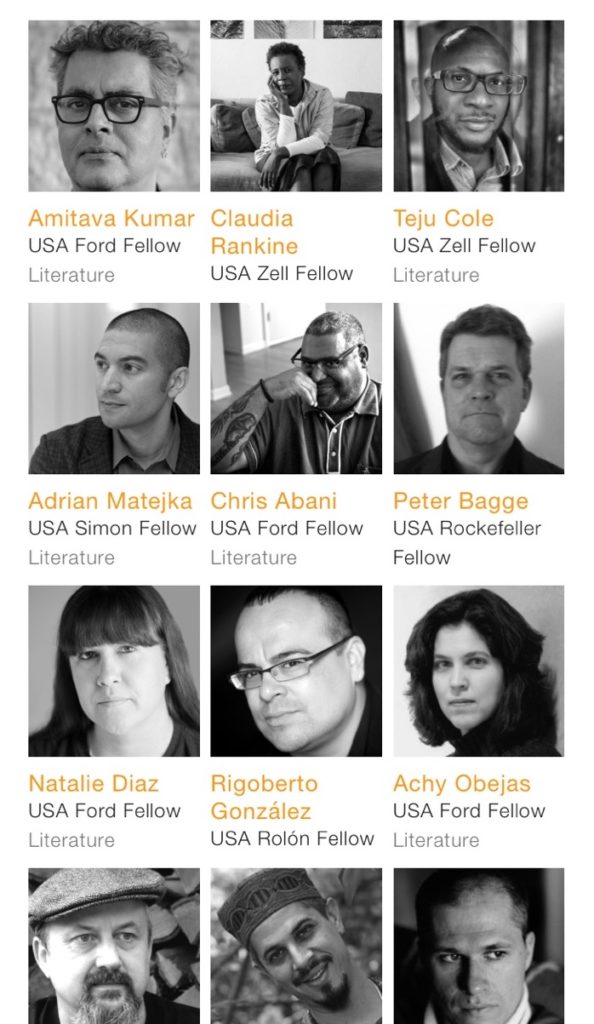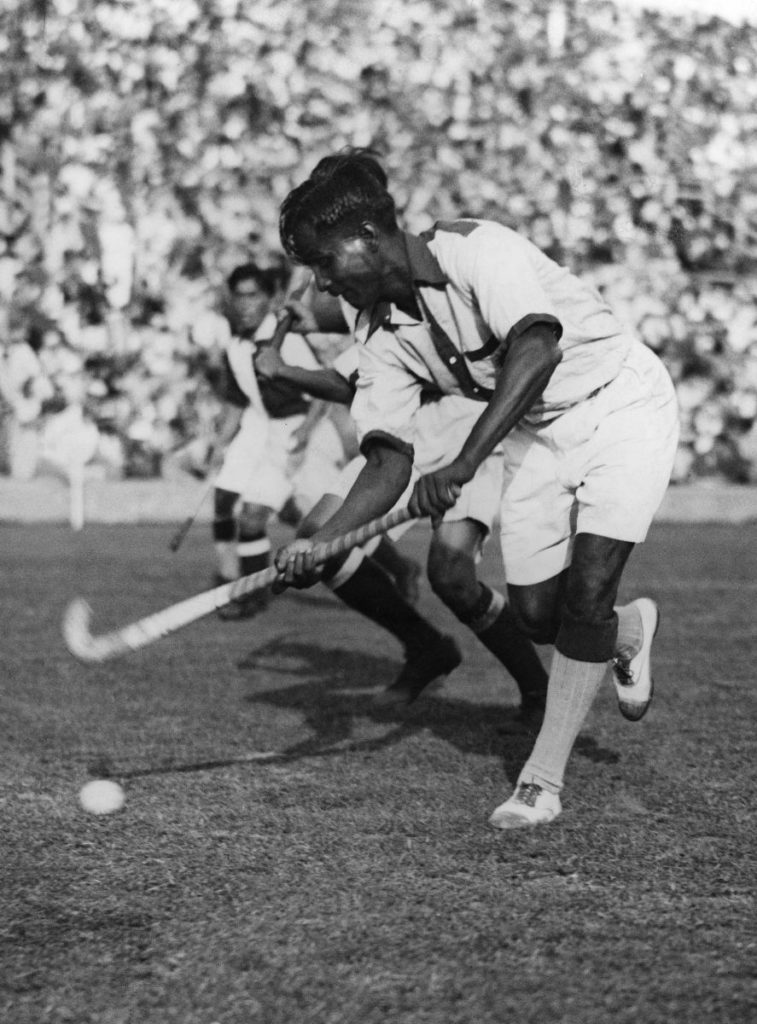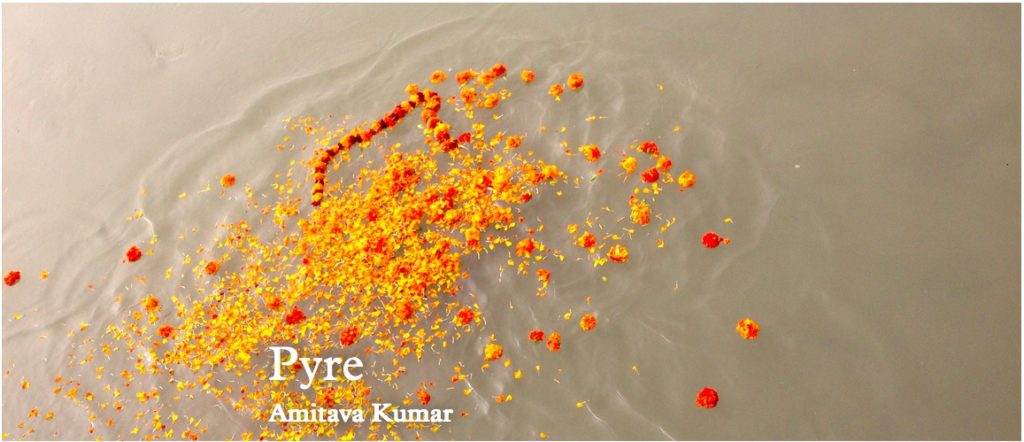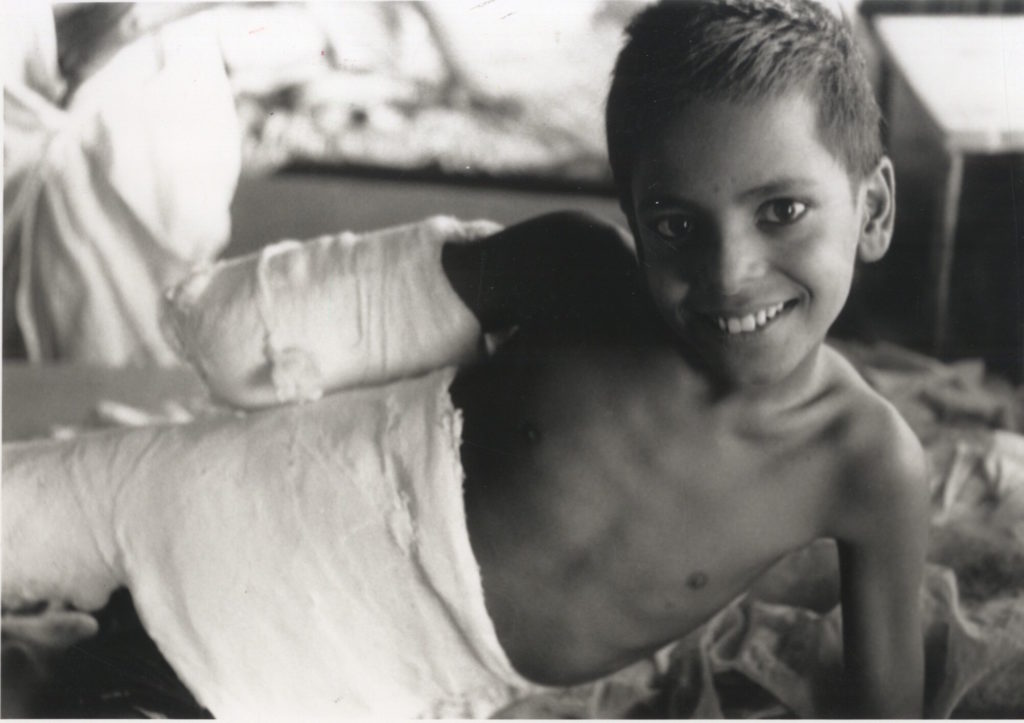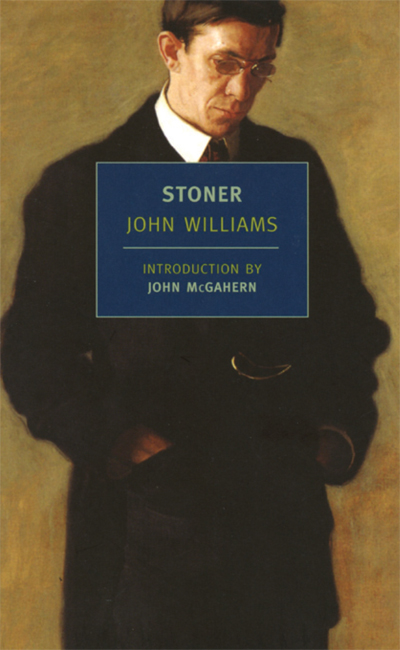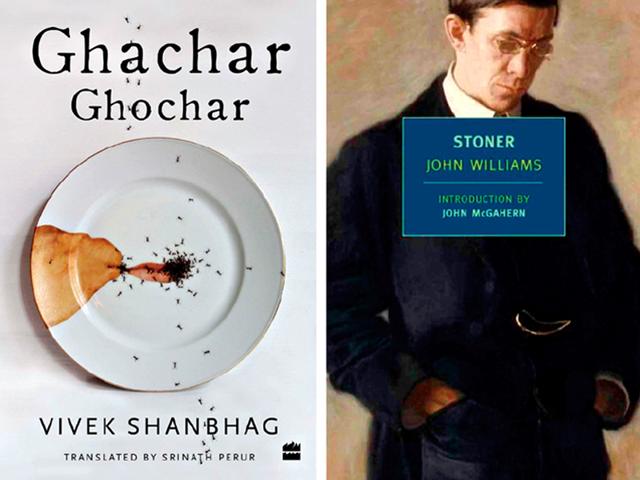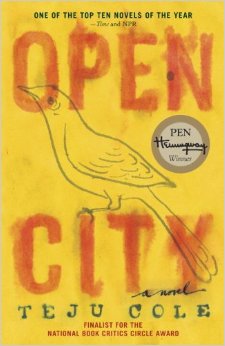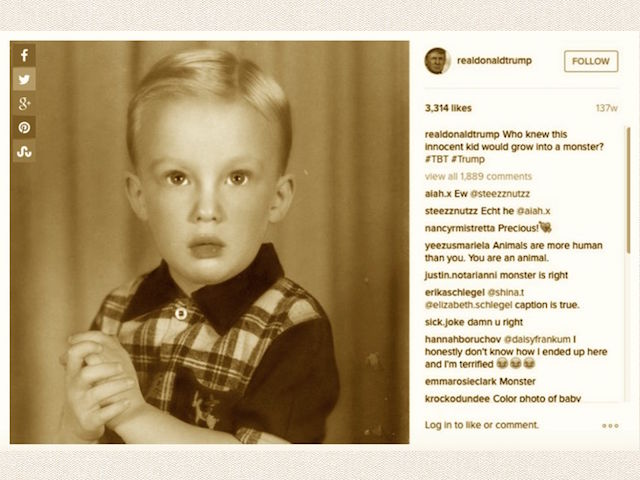
Post-election, my thoughts from a writer’s notebook in The Margins:
Early on November 8, I cast my vote for Hillary Clinton at my son’s school. The school was closed for the day and my children were at home. Then the wait began.
That evening, the writer Chang-rae Lee was doing a reading on my campus. It was a pleasant night and as the two of us walked to the venue, Chang-rae expressed some disquiet. He feared that Trump might win. I tried to calm him down, telling him that it was unthinkable. We will raise a toast when Florida is called for Hillary tonight, I said.
There was no toast that night, only tears. But the morning after felt even worse.
Truth be told, I thought back to the French soldiers during World War I who bleated like sheep as they marched past the generals.
I had read about the soldiers in an essay by Geoff Dyer. The event described took place during the early months of 1917. The French regiments had borne the brunt of the destruction: thousands mowed down each day by German machine-guns; poor food and unremitting war without leave for three years. The French replacements marching to the front were baa-ing because they were being led like lambs to the slaughter.
But we weren’t there yet—although, hadn’t we acted like sheep in choosing Trump?
Below is my response to Trump’s election in clippings and photos from my notebook.
